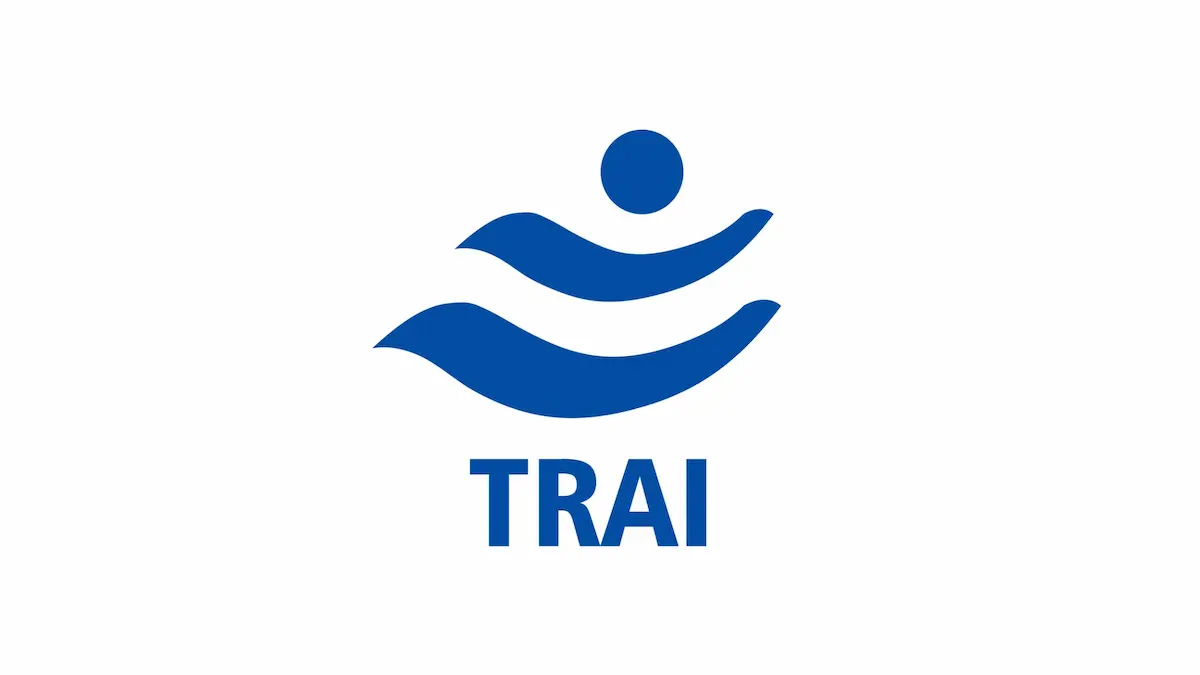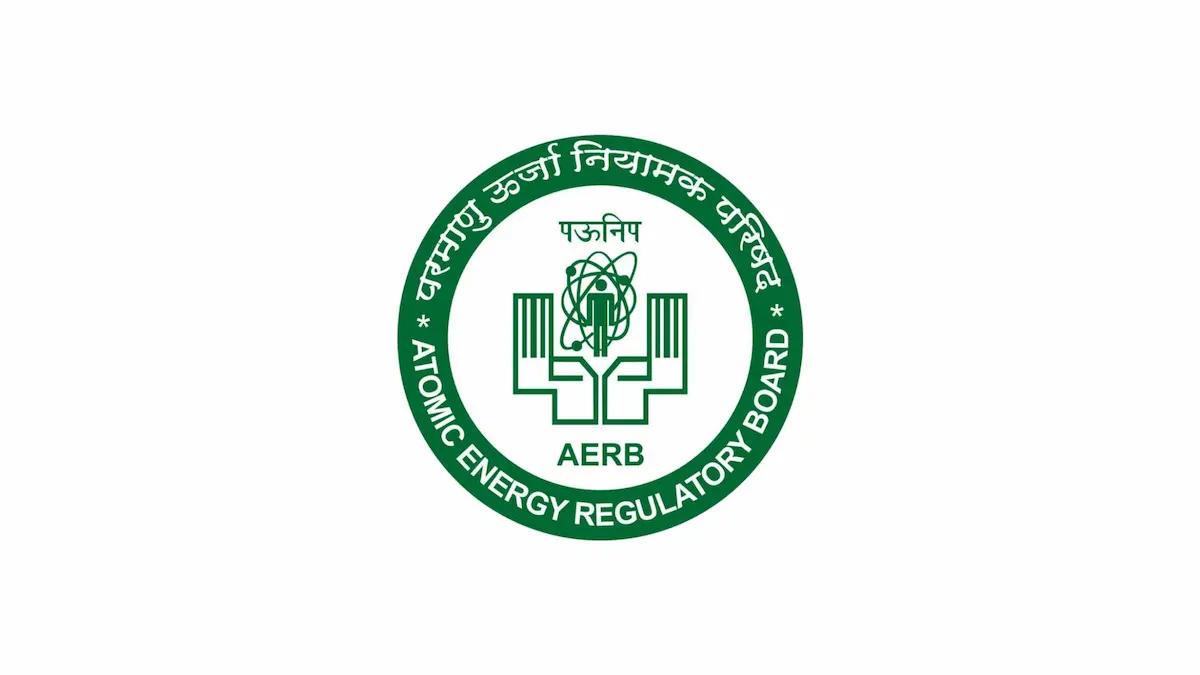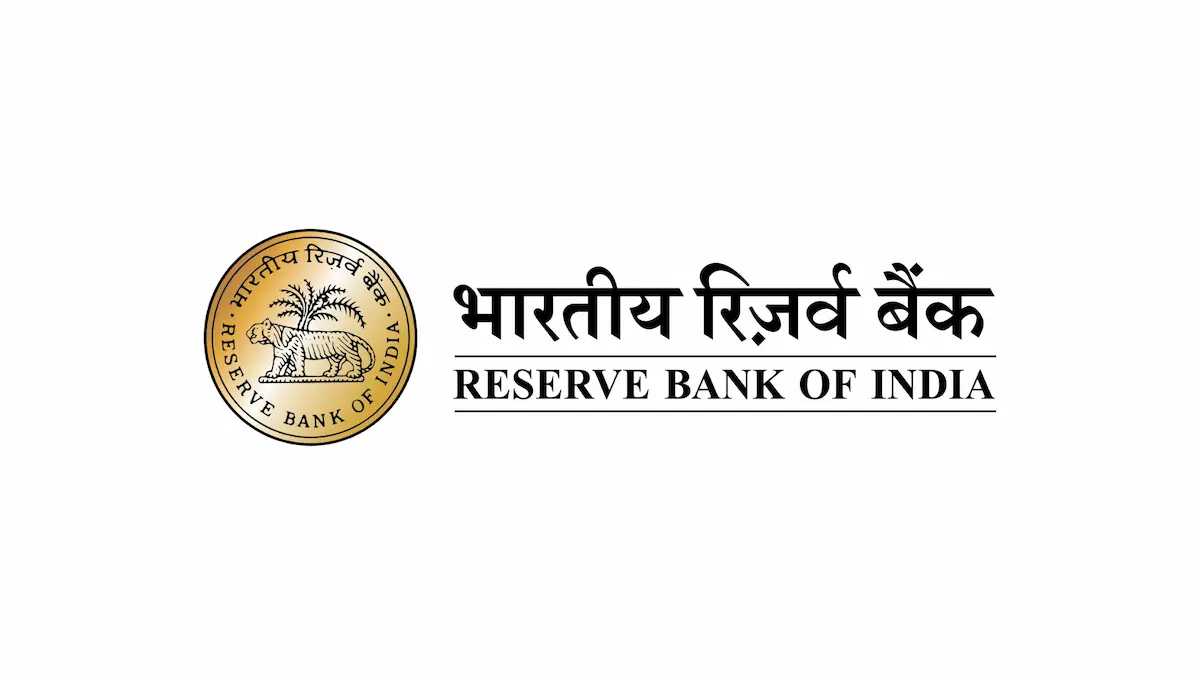Regulatory bodies in India play a pivotal role in ensuring the smooth functioning of various sectors and industries within the country.
These organizations are responsible for overseeing, regulating, and sometimes even shaping the policies and practices that govern their respective domains.
In this article, we will delve into the top regulatory bodies in India, shedding light on their establishment, headquarters, and the sectors they govern.
Reserve Bank of India (RBI)
Founded in: April 1, 1935
Headquarters: Mumbai, Maharashtra
The Reserve Bank of India, often referred to as the RBI, is the central banking institution of India.
It was established during the British colonial period and has since played a crucial role in shaping India’s monetary policy and financial stability.
The RBI’s primary functions include regulating the country’s money supply, issuing currency, managing foreign exchange reserves, and supervising financial institutions.
Securities and Exchange Board of India (SEBI)
Founded in: April 12, 1992
Headquarters: Mumbai, Maharashtra
SEBI is the regulatory authority that governs India’s securities and capital markets. Its primary objective is to protect the interests of investors while ensuring the integrity and efficiency of the financial markets.
SEBI formulates policies, enacts regulations, and supervises market intermediaries such as stock exchanges, brokers, and mutual funds to promote transparency and fairness in the securities market.
Insurance Regulatory and Development Authority of India (IRDAI)
Founded in: April 19, 2000
Headquarters: Hyderabad, Telangana
The IRDAI is the regulatory body overseeing the insurance sector in India. It was established to promote and regulate the insurance industry, ensuring that it operates in a manner that safeguards the interests of policyholders.
The IRDAI sets guidelines and standards for insurers and intermediaries, monitors their financial health, and promotes competition within the sector.
Telecom Regulatory Authority of India (TRAI)

Founded in: February 20, 1997
Headquarters: New Delhi, Delhi
TRAI is responsible for regulating the telecommunications industry in India. Its main objectives include ensuring fair competition, promoting consumer interests, and fostering the growth and development of the telecom sector.
TRAI formulates policies related to tariffs, quality of service, and licensing conditions for telecom service providers.
Central Electricity Regulatory Commission (CERC)
Founded in: 1998
Headquarters: New Delhi, Delhi
The CERC is a key regulatory body in the power sector. It was established to regulate the generation, transmission, and trading of electricity in India.
CERC plays a vital role in setting tariffs, promoting competition in the power sector, and ensuring the reliability and efficiency of electricity supply.
Food Safety and Standards Authority of India (FSSAI)

Founded in: August 5, 2011
Headquarters: New Delhi, Delhi
FSSAI is the apex regulatory authority for ensuring the safety and quality of food products in India.
It was established to harmonize food regulations in the country and promote food safety standards.
FSSAI sets guidelines for food manufacturing, labeling, and packaging, with a focus on protecting public health.
National Pharmaceutical Pricing Authority (NPPA)
Founded in: 1997
Headquarters: New Delhi, Delhi
The NPPA is tasked with regulating the prices of pharmaceutical drugs and medical devices in India.
It plays a critical role in ensuring that essential medicines are affordable and accessible to the general population. NPPA monitors and controls the prices of drugs based on government policies and guidelines.
Directorate General of Civil Aviation (DGCA)
Founded in: December 22, 1946
Headquarters: New Delhi, Delhi
DGCA is the regulatory authority responsible for overseeing civil aviation in India. It formulates and enforces safety and operational standards for civil aviation, including airlines, airports, and aircraft. DGCA plays a crucial role in ensuring the safety of air travel in India.
Petroleum and Natural Gas Regulatory Board (PNGRB)
Founded in: October 1, 2007
Headquarters: New Delhi, Delhi
PNGRB is the regulatory body that governs the downstream and midstream activities in the petroleum and natural gas sector.
It ensures fair market practices, regulates tariffs for pipeline transportation, and promotes competition in the sector.
PNGRB plays a significant role in maintaining transparency and efficiency in the energy market.
Central Board of Direct Taxes (CBDT) and Central Board of Indirect Taxes and Customs (CBIC)
CBDT founded in: January 24, 1924 CBIC founded in: September 26, 1944
CBDT Headquarters: New Delhi, Delhi CBIC Headquarters: New Delhi, Delhi
The CBDT and CBIC are responsible for overseeing direct and indirect taxation in India, respectively.
CBDT administers direct taxes, such as income tax, while CBIC administers indirect taxes, including GST (Goods and Services Tax). These boards play a vital role in revenue collection and tax policy formulation.
Atomic Energy Regulatory Board (AERB)

Founded in: November 15, 1983 Headquarters: Mumbai, Maharashtra
AERB is the regulatory authority responsible for ensuring the safe and secure use of nuclear energy and radiation sources in India.
It formulates safety standards, licenses nuclear facilities, and monitors their operations to protect public health and the environment.
National Bank for Agriculture and Rural Development (NABARD)

Founded in: July 12, 1982
Headquarters: Mumbai, Maharashtra
NABARD is an apex development financial institution that focuses on rural and agricultural development.
It provides credit facilities, promotes sustainable agriculture, and supports rural infrastructure projects.
NABARD plays a vital role in alleviating rural poverty and enhancing the livelihoods of farmers.
Conclusion
Regulatory bodies in India are essential pillars of governance, overseeing various sectors to ensure compliance with rules and regulations, protect the interests of consumers and investors, and promote fair competition.
These organizations, established over the years, have evolved to meet the changing needs of India’s growing economy and society.
Their commitment to transparency, accountability, and efficiency is crucial in maintaining the stability and growth of the nation.
As India continues to advance, these regulatory bodies will play an increasingly vital role in shaping its future.
